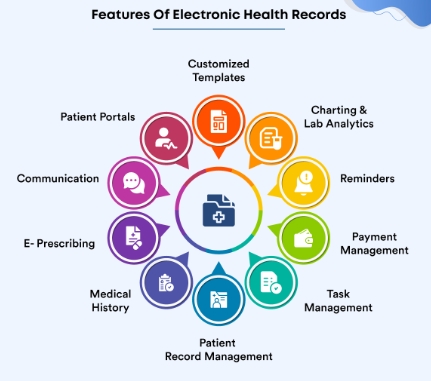Revolutionizing Healthcare: The Role of Information Systems in Improving Patient Care
Information systems have become essential tools in revolutionizing healthcare and improving patient care. From electronic health records to telemedicine platforms, these systems play a crucial role in streamlining processes, enhancing communication, and ultimately, delivering better outcomes for patients.
Enhancing Communication Between Healthcare Providers
Information systems facilitate seamless communication between healthcare providers, enabling them to collaborate more effectively in delivering care to patients. Through electronic health records, providers can easily access and share patient information, reducing the risk of errors and improving coordination of care.
Improving Efficiency in Healthcare Delivery
By automating routine tasks and streamlining processes, information systems help healthcare organizations operate more efficiently. For example, appointment scheduling systems can reduce wait times for patients, while telemedicine platforms provide convenient access to care for those who may not be able to visit a physical clinic.
Empowering Patients to Take Control of Their Health
Information systems also empower patients to take control of their health by providing them with access to their own health information. Patient portals allow individuals to view their test results, schedule appointments, and communicate with their healthcare providers, fostering a more collaborative and patient-centered approach to care.
Enhancing Decision-Making Through Data Analytics
Data analytics tools integrated into information systems enable healthcare providers to analyze large sets of data to identify trends, track outcomes, and make informed decisions about patient care. This data-driven approach helps improve the quality of care and outcomes for patients.
Ensuring Security and Privacy of Patient Information
As healthcare organizations increasingly rely on information systems to deliver care, it is crucial to prioritize the security and privacy of patient information. Robust cybersecurity measures, such as encryption and access controls, help safeguard sensitive patient data from unauthorized access or breaches.
In conclusion, information systems are transforming the way healthcare is delivered, leading to more efficient, patient-centered care. By leveraging the power of technology, healthcare providers can improve communication, enhance decision-making, and ultimately, revolutionize the way patient care is delivered.

